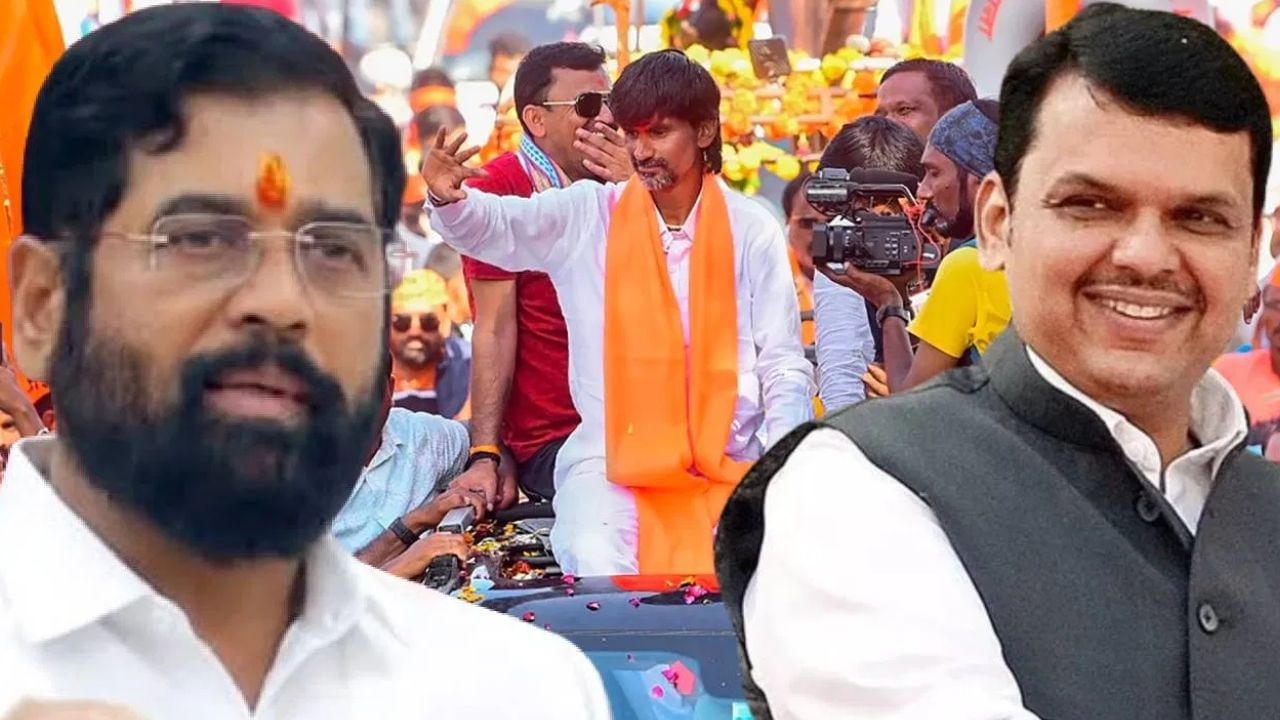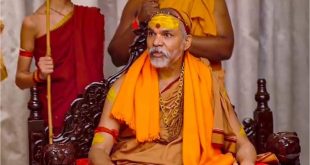 Maratha Reservation Bill: Unraveling the Controversy in Maharashtra
Maratha Reservation Bill: Unraveling the Controversy in Maharashtra
In a significant development for the state of Maharashtra, a bill has been passed, granting the Maratha community a separate 10% reservation in education and government jobs. This move has sparked a mix of support and opposition, with questions arising about the government’s intentions just before the elections. Let’s delve into the intricacies of this legislation, exploring its implications and the debates surrounding it.
The Background
Previous Attempts at Reservation
The recently passed bill marks the second attempt within six years to provide reservations to the Maratha community. Opposition leaders express doubts about the legal scrutiny this bill may face and question the timing of the government’s move right before the elections.
Manoj Jarange’s Perspective
Notably, even key figures in the Maratha community, like the activist Manoj Jarange, are not entirely pleased with the bill. This raises curiosity about the government’s confidence in pushing forward with this legislation.
Understanding the Demographics
Maratha Population in Maharashtra
With Marathas constituting 28% of Maharashtra’s population, the bill aims to address their demand for reservation under the OBC category. However, opponents argue that a significant portion of the population already falls under reserved categories, leading to approximately 52% reservation.
Differentiating Marathas from OBCs
The bill contends that the socio-economic status of the Maratha community is distinct from other backward classes (OBCs) and, therefore, warrants a separate reservation. Critics argue that placing Marathas in the OBC category is entirely inappropriate.
Chief Minister Shinde’s Justification
National Comparison
Chief Minister Shinde defends the bill by comparing Maharashtra’s 50% reservation to other states like Tamil Nadu, Haryana, Rajasthan, Bihar, Gujarat, and West Bengal, where reservation percentages are higher. He emphasizes that the objective is to assist the Maratha community, which has been struggling for reservation for 40 years.
Shifting the Focus
Shinde, heading a coalition government with NCP and BJP, asserts that the intention is to provide reservation to the Maratha community without affecting the existing OBC quota. He argues that the current OBC quota in the state can accommodate Maratha reservation without infringing on the 50% limit set by the Supreme Court.
Periodic Review
The bill incorporates a provision for a review of the reservation status after a decade, offering flexibility and adaptability to the evolving socio-economic landscape.
Addressing Concerns
Opposition’s Skepticism
Opposition leaders express skepticism, viewing the bill as a political move aimed at garnering support in the upcoming elections. They question the need for such a risky proposition just before the polls.
Hunger Strike by Activists
On the other front, activists like Manoj Jarange, engaged in an indefinite hunger strike, remain dissatisfied with the bill. Their concern lies in the potential legal challenges and the possibility of exceeding the 50% reservation limit.
The Legal Landscape
Courts and Data Analysis
Anticipating legal scrutiny, Chief Minister Shinde asserts that extensive data collection, involving over two crore people, supports the bill. He expresses confidence that the Supreme Court will consider the unique socio-economic conditions of the Maratha community, especially given the alarming rise in suicides among its members.
In conclusion, the Maratha Reservation Bill has stirred a potent mix of support and opposition. While Chief Minister Shinde defends it as a necessary step for social justice, critics question the timing and the potential legal hurdles. As Maharashtra awaits the Supreme Court’s verdict, the implications of this legislation remain at the forefront of political discourse.
 Suspense Crime Sach Ka Dam
Suspense Crime Sach Ka Dam


